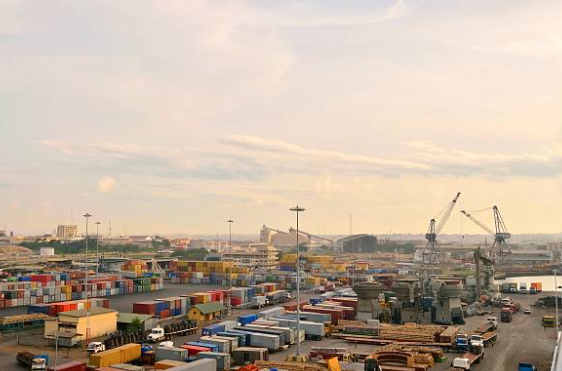Importing roll forming machines into Ghana can be a strategic move for businesses looking to enhance their manufacturing capabilities.
1. Understand the Market Demand
- Market Research: Conduct research to identify the demand for roll forming machines in Ghana, focusing on industries such as construction, automotive, and manufacturing.
- Identify Local Needs: Determine the specific types of roll forming machines that are needed based on local production requirements, such as metal roofing, siding, or structural components.
2. Compliance with Regulations
- Import Regulations: Familiarize yourself with the Ghana Standards Authority (GSA) regulations and any specific import requirements for machinery.
- Documentation: Ensure that all necessary documents are prepared, including:
- Bill of lading
- Commercial invoice
- Packing list
- Certificate of origin
- Import license (if required)
- Customs Duties and Taxes: Be aware of applicable customs duties, VAT, and other taxes that may be levied on imported machinery.
3. Selecting Suppliers
- Research Suppliers: Identify reputable manufacturers and suppliers of roll forming machines, preferably with experience in international shipping and compliance with international standards.
- Request Quotes: Obtain quotes from multiple suppliers, considering factors such as machine specifications, pricing, warranty, and after-sales support.
- Evaluate Reliability: Check supplier reviews, references, and certifications to ensure reliability and quality.
4. Logistics and Shipping
- Choose a Shipping Method: Decide on the best shipping method (sea freight is common for heavy machinery) and work with a freight forwarder to manage logistics.
- Shipping Insurance: Consider purchasing shipping insurance to protect your investment during transit.
- Delivery Timeline: Establish a timeline for delivery and be aware of potential delays at customs.
5. Customs Clearance
- Hire a Customs Broker: It may be beneficial to hire a licensed customs broker to assist with the customs clearance process.
- Prepare for Inspections: Be prepared for inspections by Ghanaian customs officials, who may evaluate the machines for compliance with safety and quality standards.
6. Installation and Training
- Installation Support: Ensure that the supplier provides installation support or that you have a plan for installation upon arrival in Ghana.
- Training for Operators: Arrange for training sessions for operators and maintenance personnel to ensure the machines are used efficiently and safely.
7. Maintenance and Support
- Establish Maintenance Plans: Develop a maintenance schedule to ensure the longevity and performance of the machines.
- After-Sales Support: Maintain communication with the supplier for spare parts, technical support, and any needed service.
8. Cost Considerations
- Total Cost of Ownership: Assess the total cost of ownership, including initial purchase price, shipping, customs duties, installation, and ongoing maintenance.
- Financing Options: Explore financing options if needed, such as loans or leasing arrangements, to facilitate the import process.
Conclusion
Importing roll forming machines into Ghana involves navigating regulations, understanding market needs, and ensuring compliance with local standards. By following this guide, businesses can make informed decisions and successfully enhance their manufacturing capabilities in the Ghanaian market.




